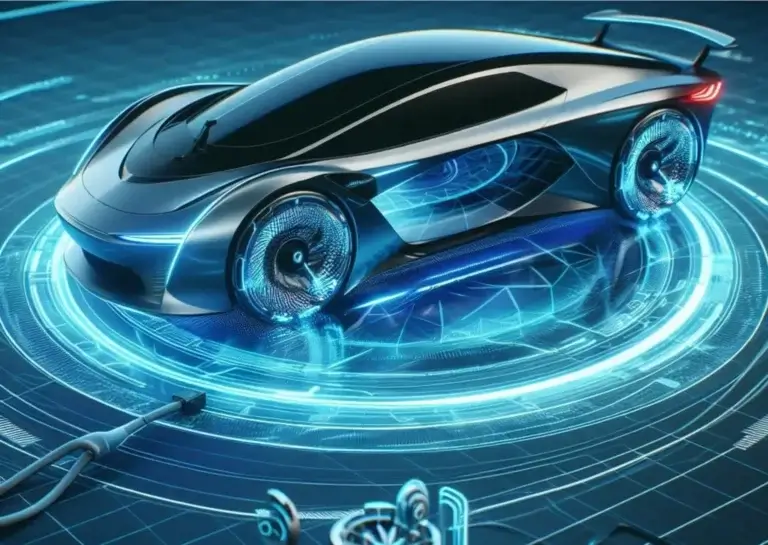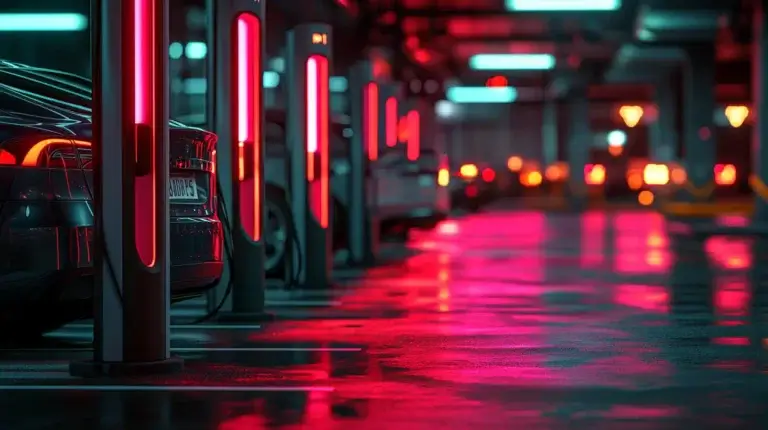In the rapidly evolving world of electric vehicles (EVs), perception plays a pivotal role.
A single incident, when blown out of proportion or misinterpreted, can significantly sway public opinion.
The recent fire on the car cargo ship Fremantle Highway serves as a prime example of this phenomenon. I believe it’s crucial to dissect such events analytically, ensuring that facts triumph over fiction.
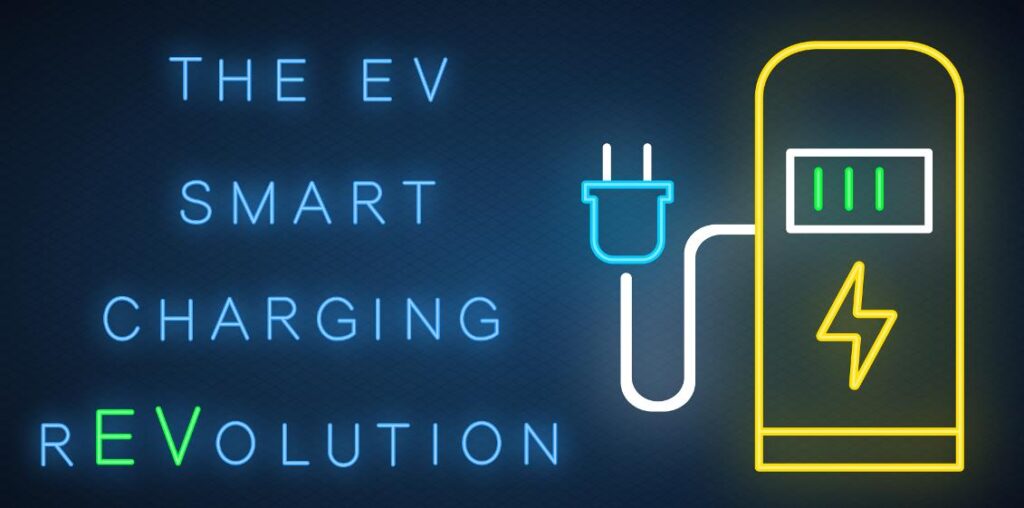
The Fremantle Highway Incident: A Closer Look
Last month, the Panama-flagged Fremantle Highway experienced a significant fire while en route from Germany to Singapore. One crew member perished, and several others were injured.
With 3,784 cars on board, including 498 EVs, the immediate speculation was predictable: an EV had caused the fire.
However, a different picture has emerged following subsequent investigations.
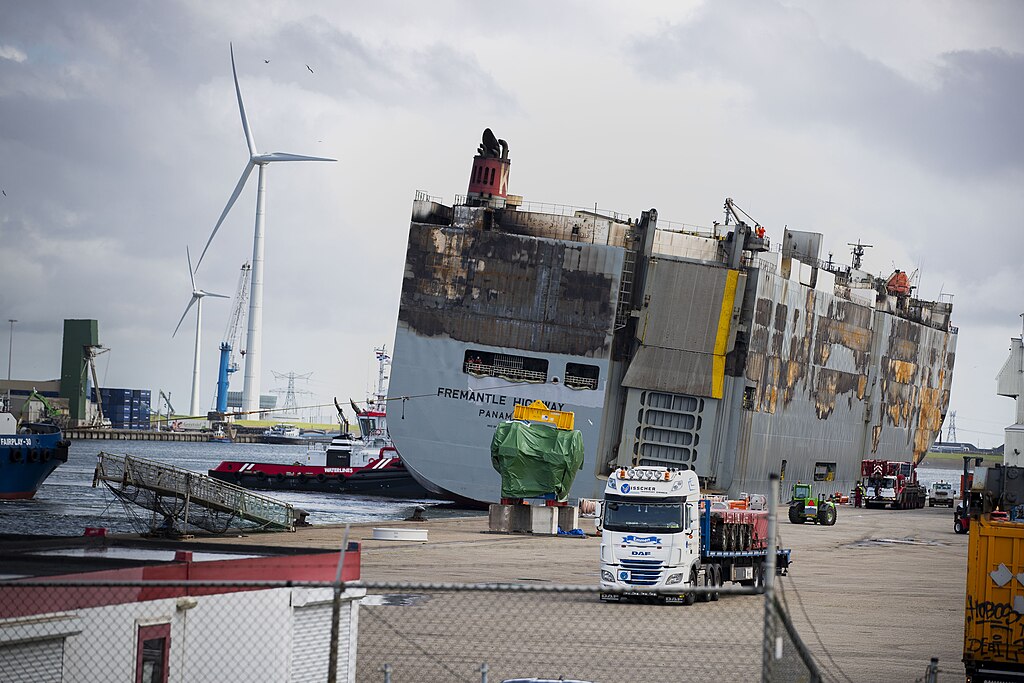
Peter Berdowski, the chief of the salvage company Royal Boskalis Westminster NV, revealed that between 900 and 1,000 cars, including the EVs, were, in fact, in good condition after the incident.
The fire’s origin was eventually traced to the eighth deck of the 12-deck ship, far from the electric vehicle storage areas.
Reflections on Misinformation and Its Impact
The Fremantle Highway incident has reignited a recurring debate about EVs and fire safety.
Following the early reporting of the car cargo vessel blaze, many people may have been operating under the misconception that EVs are inherently fire-prone.
Such misinformation, or the propensity to amplify it, undoubtedly hampers the transition to electric vehicles.
More broadly, it poses a challenge to our collective decarbonisation efforts.
The Broader Implications: EVs and Fire Safety
In reality, despite recent publicity around EV fires, combustion cars are inherently more fire prone than electric cars.
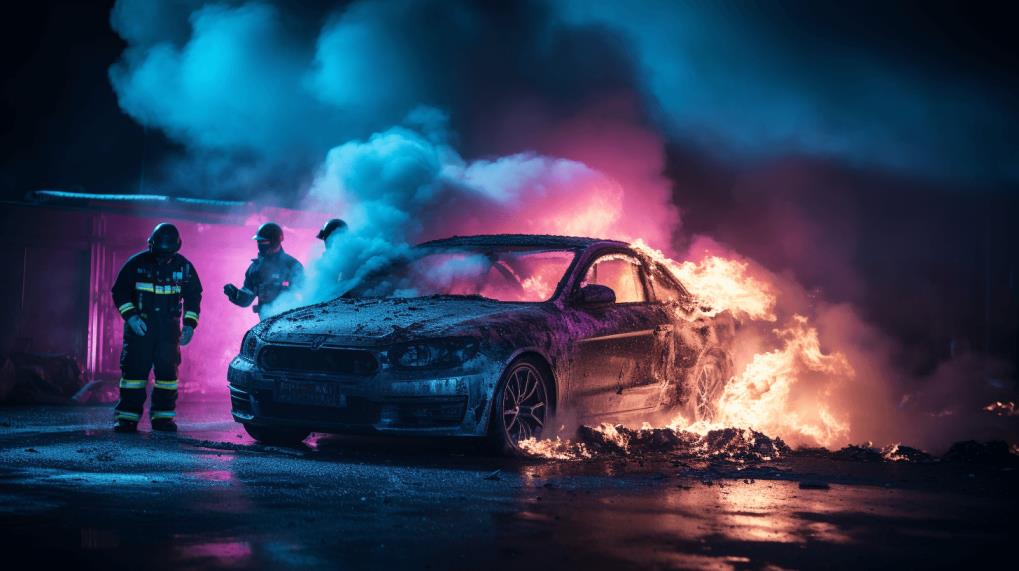
For example:
- In 2022, Sweden’s data showed that EVs were 20 times less likely to catch fire than petrol or diesel cars. Such statistics underscore the importance of evidence-based discussions, especially when shaping public perception.
- In addition, although EV batteries are surprisingly resilient to flooding, and are designed to meet regulations preventing fires from short-circuits due to damage and impacts, end-of-life cells after thousands of recharge cycles, may occasionally short-circuit.
- Thirdly, electric cars can burn more intensely, but burn less quickly and don’t explode. Therefore, when there’s an electric car fire, there is far more time to get out of the vehicle.
- Also, research conducted by CE Safety, Health & Safety experts, showed there were 735 instances of EV fires in the UK in the last five years. However, this number covers all EV varieties, such as scooters and bikes. 44% of these incidents, approximately 323, involved cars – even though there are nearly 33 million cars on UK roads.
Nevertheless, we do need to develop better techniques for putting out electric vehicle fires, in the few occasions when they do occur.
The Path Forward
As we stand on the cusp of an electric revolution, it’s imperative to approach incidents like the Fremantle Highway fire with a discerning eye.
Misinformation can be detrimental, not just to the EV industry but to our broader environmental goals.
The onus is on thought leaders, industry experts, and the media to ensure that narratives are grounded in fact.
As we continue our journey towards a sustainable future, let’s pledge to champion the truth, dispel myths, and drive informed discussions.
Further Reading

Author - Julian Skidmore
The columnist behind the EV Smart Charging rEVolution Column is Julian Skidmore.
He is a Senior Firmware Engineer at Versinetic, working on EV charging and V2G projects, and has co-authored EV-related articles for the electronics industry press.
He has a Computer Science degree from UEA and an MPhil in Computer Architecture from Manchester University as well as over 20 years’ experience in embedded systems development.
Julian is a proponent of the zero-carbon society and a Guardian News ‘climate hero’. He has owned a Battery EV for over two years; has investments in wind farm cooperatives and has a 4KW domestic Solar PV installation.


